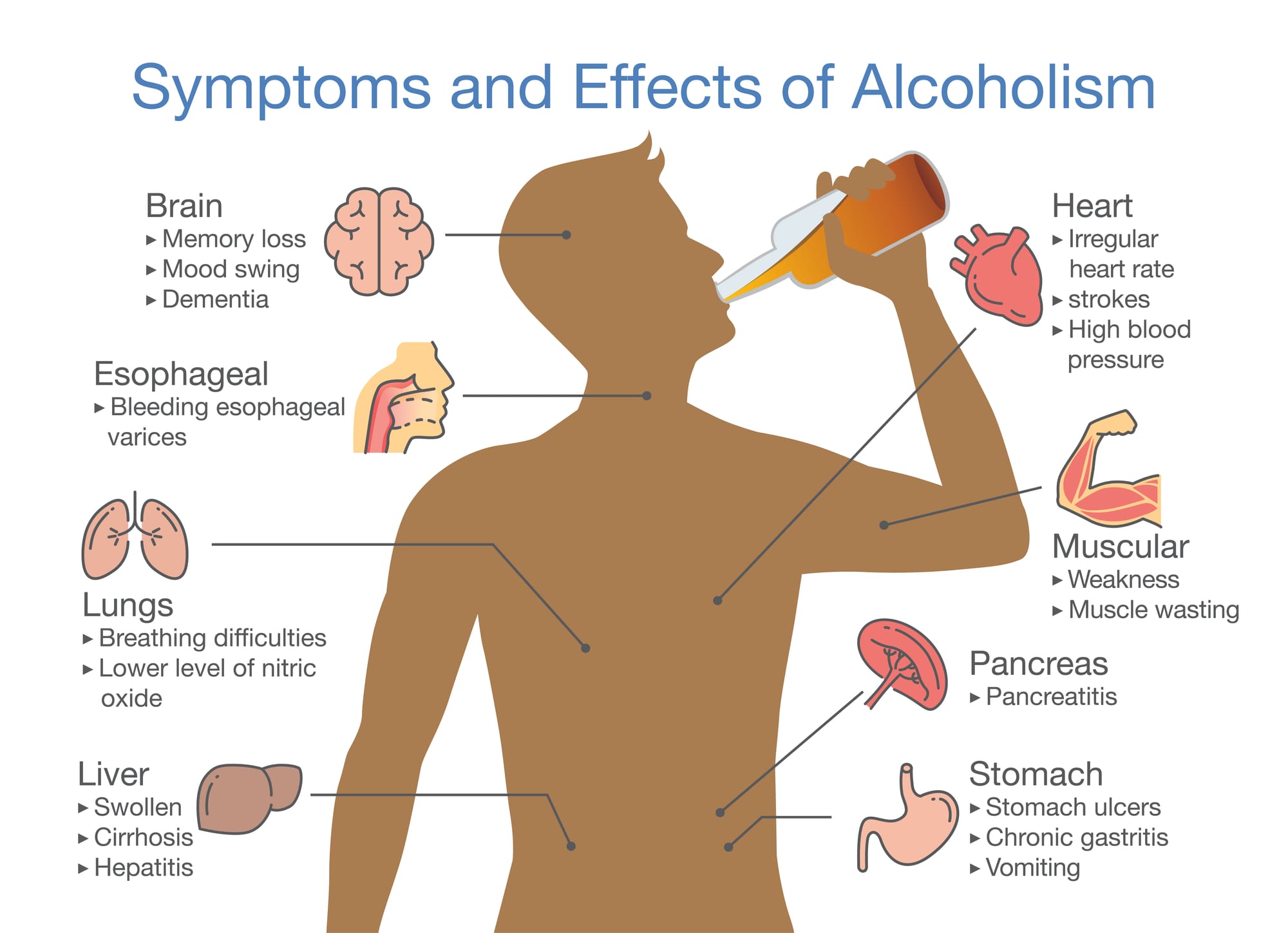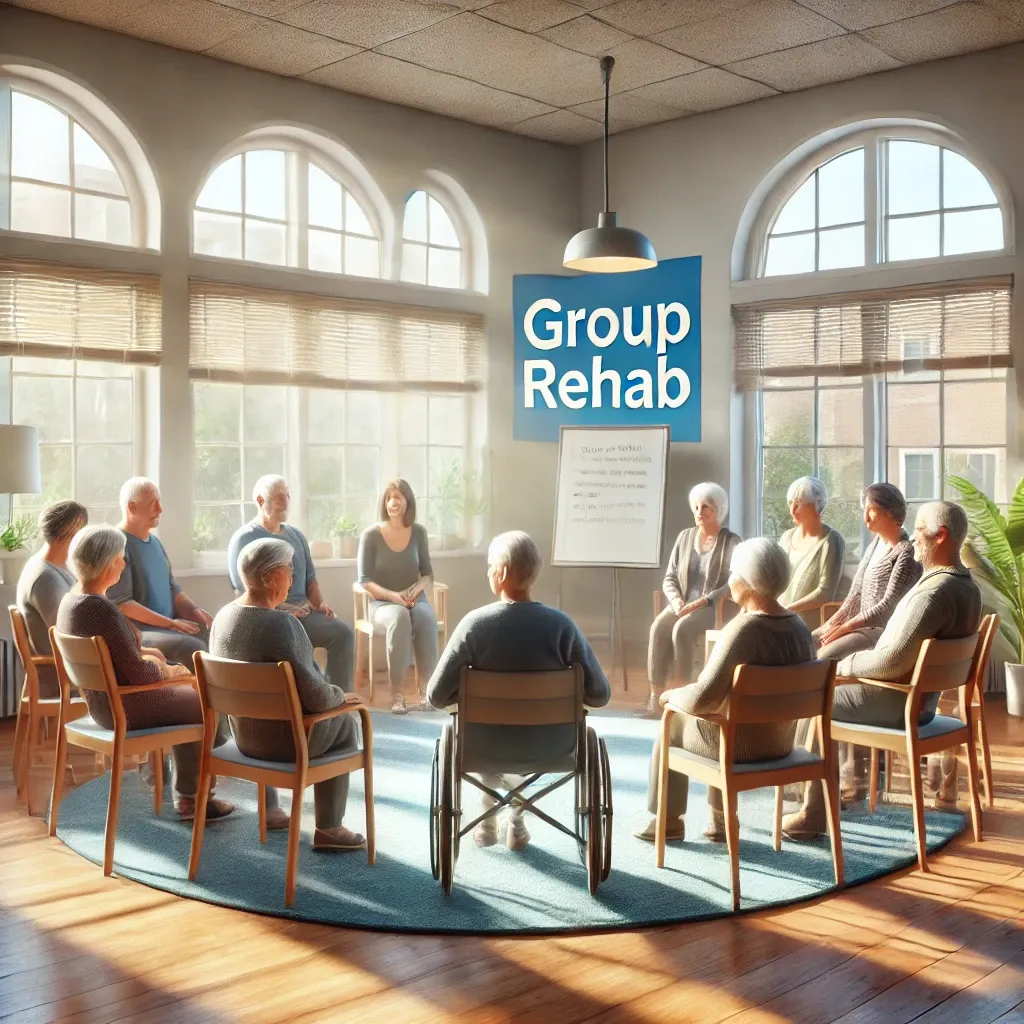Understanding Dementia from Alcohol: A Comprehensive Guide
Discover the impact of alcohol-related dementia, its symptoms, risk factors, and treatment options. Learn how alcohol misuse damages brain cells, contributes to cognitive decline, and how early intervention, sobriety, and support can prevent and manage this condition.

Dementia from alcohol, often referred to as alcohol-related dementia (ARD), is a condition caused by long-term alcohol misuse. It falls under the category of alcohol-related brain damage (ARBD) and is characterized by cognitive impairments that resemble other forms of dementia, such as Alzheimer's disease or vascular dementia. This guide explores the damaging effects of alcohol on the brain, the symptoms, causes, and treatment options, and offers practical advice for prevention and support.
What Is Alcohol-Related Dementia?
Alcohol-related dementia describes a decline in cognitive abilities due to excessive alcohol consumption over time. It’s part of a spectrum of alcohol-related brain injuries (ARBI).
Symptoms of Alcohol-Related Dementia
Symptoms of alcohol-related dementia include:
- Memory problems, especially with recent events
- Impaired thinking skills and problem-solving
- Mood swings and behavioral changes
- Difficulty with social skills
- Trouble performing daily life tasks
How Alcohol Affects Brain Cells
Alcohol consumption at high doses damages brain cells, leading to structural and functional impairments. The frontal lobes, responsible for decision-making and social behavior, are particularly vulnerable.
Alcohol and Neurodegenerative Diseases
Chronic drinking increases the risk of neurodegenerative diseases such as Alzheimer’s disease and frontotemporal dementia. These conditions worsen cognitive decline and impair memory.
Vascular Dementia and Alcohol Use
Alcohol abuse contributes to vascular dementia by damaging blood vessels and reducing blood flow to the brain.
Wernicke-Korsakoff Syndrome
Wernicke-Korsakoff Syndrome (WKS) is a severe form of alcohol-related brain damage caused by thiamine deficiency. It comprises two stages:
- Wernicke’s encephalopathy: Acute confusion, lack of coordination, and eye movement issues.
- Korsakoff syndrome: Long-term memory problems and severe cognitive impairments.

Alcohol Consumption Patterns and Risk Factors
The risk of alcohol-related brain damage increases with:
- Binge drinking
- Heavy drinking over extended periods
- Drinking alcohol from a younger age
Normal Aging vs. Alcohol-Related Dementia
While normal aging causes mild cognitive decline, alcohol misuse accelerates and exacerbates these changes, leading to severe memory loss and cognitive impairments.
Diagnosis of Alcohol-Related Dementia
A clinical diagnosis involves:
- Assessing alcohol consumption history
- Evaluating cognitive and behavioral symptoms
- Ruling out other causes, such as head injuries or other forms of dementia
Effects on Social Life and Daily Functioning
Alcohol-related brain injuries affect a person’s social skills, making it harder to maintain relationships and participate in daily life activities.
Cognitive Impairments and Thinking Skills
Drinking alcohol affects problem-solving, decision-making, and memory, hindering the ability to function properly.

Treatment Options
Treatment involves:
- Complete abstinence from alcohol
- Nutritional support, including enough thiamine
- Medications for mood stabilization
- Cognitive therapies
Importance of a Balanced Diet
A balanced diet supports brain health and helps repair damage caused by alcohol misuse.
Prevention and Early Intervention
To prevent alcohol-related dementia:
- Stop drinking alcohol or stay sober
- Avoid binge drinking
- Seek help for alcohol addiction early
The Role of Primary Care Providers
Primary care providers play a crucial role in diagnosing and managing alcohol-related health problems.
The Damaging Effects of Binge Drinking
Binge drinking results in temporary cognitive impairments and contributes to long-term brain damage.
Alcohol Misuse in Older Adults
Older adults are at increased risk due to the cumulative effects of alcohol on an aging brain.
The Impact of Thiamine Deficiency
Thiamine deficiency, common in heavy drinkers, contributes to brain damage and conditions like Wernicke’s encephalopathy.
Memory Loss and Mood Swings
Memory loss and mood swings are hallmark symptoms of alcohol-related brain damage.
Legal Ramifications of Alcohol Misuse
Chronic alcohol misuse can lead to legal and financial problems, further complicating recovery.
Support Systems for Recovery
Good support from family and friends is vital in helping individuals stop drinking and manage daily life.
Cross-Sectional Studies on Alcohol-Related Brain Injury
Research indicates a strong link between heavy drinking and increased risk of cognitive decline.
Reversing Damage Through Abstinence
In some cases, stopping alcohol consumption can partially reverse cognitive impairments.
Understanding Other Causes of Dementia
Distinguishing alcohol-related dementia from other forms, such as Alzheimer’s disease or vascular dementia, is crucial for treatment.
Seeking Help and Staying Sober
Seeking professional help and committing to sobriety are the first steps to recovery and preventing further brain damage.
Final Thoughts
Alcohol-related dementia is a serious but preventable condition. By understanding the risks, symptoms, and treatment options, individuals can take steps to reduce their alcohol consumption, seek support, and protect their cognitive health.
More articles for you ....

















